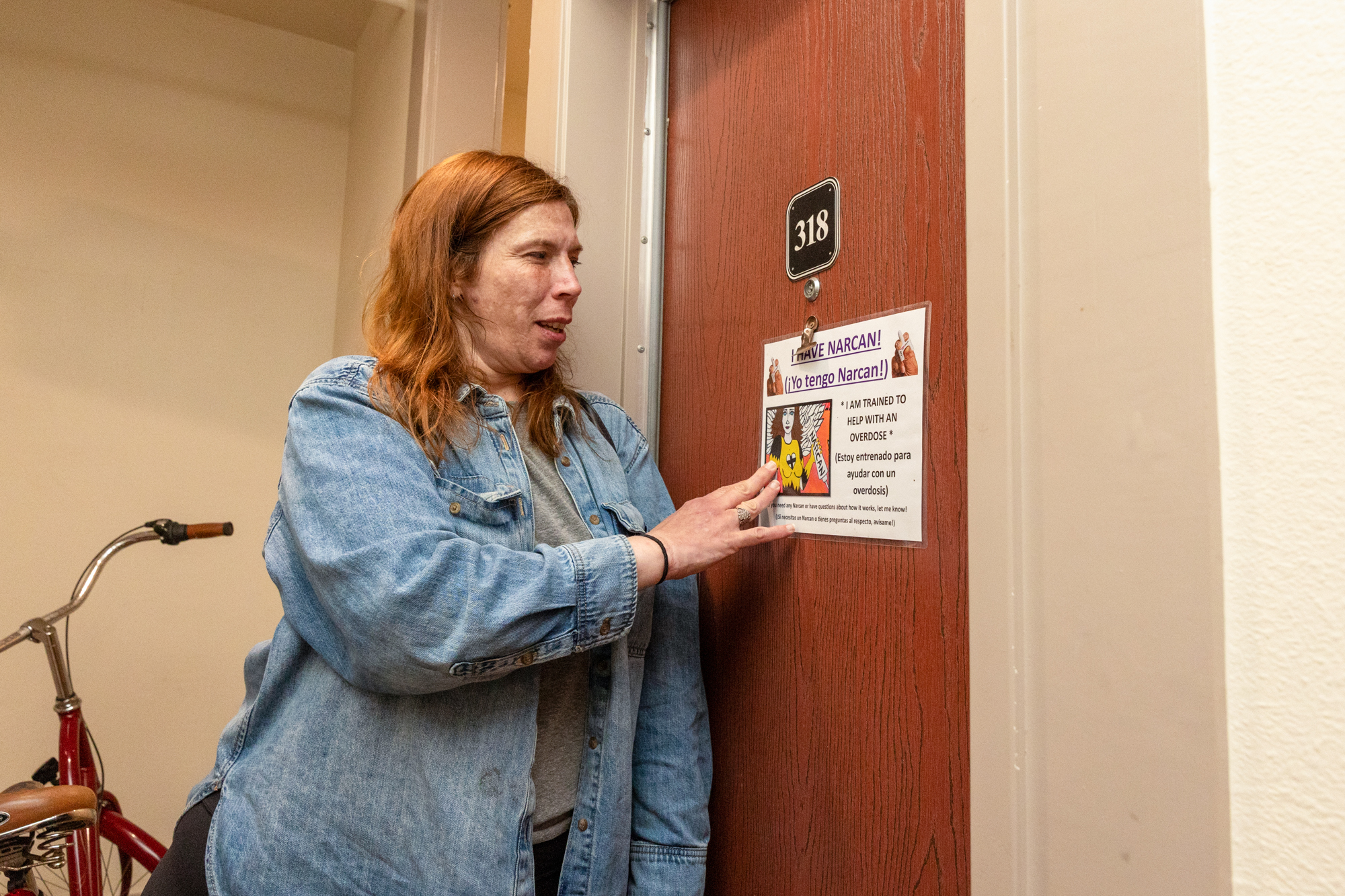
"Last spring, Lurie controversially ended public health programs that handed out clean smoking supplies to drug users on the street, and the city now requires people to participate in counseling in order to obtain any safer drug use supplies, like clean needles, from city-funded public health providers. Critics of the city's approach to harm reduction applauded the shift, including Stanford professor Keith Humphreys, who told KQED it previously had not done enough to connect people to treatment."
"Other addiction experts like Tyler TerMeer, who leads the San Francisco Aids Foundation, raised concern over the change, however. He warned it could strip medically vulnerable people of connections to health workers and push drug users toward tainted supplies, increasing chances of disease spread, riskier use, like injection, or overdose. Fatal overdoses have slightly decreased in recent months, after several months of increasing, according to city data."
Last spring, Lurie ended public health programs that distributed clean smoking supplies to drug users on the street. The city now requires people to participate in counseling to obtain safer drug-use supplies, such as clean needles, from city-funded providers. Some critics praised the change for connecting people to treatment, while anonymous residents sued, alleging litter and concentrations of dangerous drug activity in neighborhoods like the Tenderloin. Other experts warned the policy could sever vulnerable people’s links to health workers, push users toward tainted supplies or injection, and increase disease spread or overdose risk. City data show a slight recent decrease in fatal overdoses, but providers report reduced street naloxone distribution and client reports of pressure to inject. The city is investing more in indoor residential peer responder programs, which some clients report as effective.
Read at Kqed
Unable to calculate read time
Collection
[
|
...
]